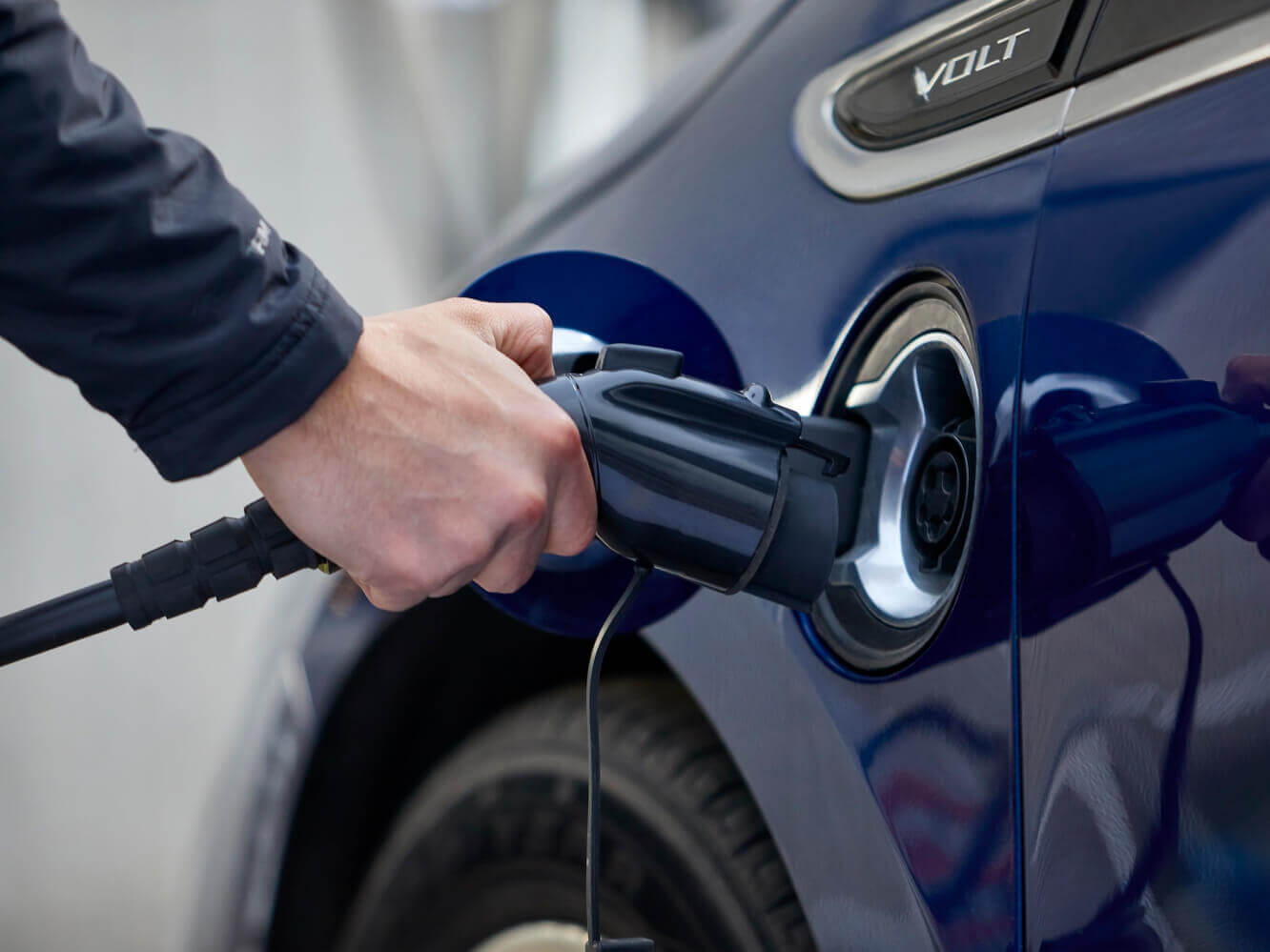Are you letting money in the form of rebates and incentives slip by? If you own an electric vehicle, you may already qualify for financial incentives, and installing a new EV charger to your home may bring in additional residential charging station tax credits.
Unfortunately, because it’s up to the individual to find and apply for tax credits, rebates and incentives, and because they differ depending on your country, state or province, they aren’t always immediately obvious.
Why Do Residential Charging Station Tax Credits Exist?
While, historically, adopters of new technology have been able to boast about their being at the forefront of the latest innovations, the cost for new tech can be almost prohibitively expensive. Consider the first iterations of the cell phone or laptop computers; these pieces of equipment that are now commonplace were originally too expensive for mass consumption.
However, technology requires more widespread adoption for the prices to lower to a cost more people can afford. It’s a catch-22 with almost prohibitively expensive technology needing more people to buy it so that the price can lower to the point where more people can buy it.
To circumvent the traditionally long adoption period (cell phones and laptops took nearly 20 years to reach widespread use), local and federal governments offer rebates, tax credits and incentives to offset that initial higher cost.
How Much Can I Get in Home EV Charger Tax Credits?
The amount depends on how much a local and federal government wants to aid in the adoption of the technology, so it differs depending on if you’re in the U.S. or Canada, and then by state or province. However, state or province residential charging station tax credits, rebates and incentives can be stacked on top of federal incentives.
Another aspect of tax credits for EV charging and other sustainability measures is that often the amount of rebate offered is dependent upon a time limit or by how many rebates have been used. Because the point of tax credits and rebates is to help aid in adoption, they may decrease or end over time, or lessen as more units are sold.
With how much tax credits and incentives depend on where you live and other specifics like time and available rebates, it’s important to research what the latest available tax credits are for your location. We offer links to do that research on our electric vehicle tax rebates and incentives page.
Will the Residential Charging Station Tax Credits Be Cash Rebates?
Because federal and state or provincial rebates are tax credits, you’ll add your EV charging station purchase to your end-of-year taxes for a tax break, decreasing the amount you owe the government or increasing your tax return.
What About Local Utilities Residential Charging Station Tax Credits?
Unlike federal, state or provincial tax credits, your local utility may provide incentives in the form of rebates or lower electricity bills. If your local utility offers an incentives program, you’ll be asked to connect your iEVSE unit to their grid with allowances for charging during off-peak hours, or increased savings if you choose to charge during off-peak hours. Off-peak hours are typically 10pm to 8am Monday through Friday and weekends.
There are also rebates available for the cost of installing the charging stations too. Utility companies may have preapproved charging stations that qualify for rebates (we list ours in the specific state listings).
If you’re looking for more information on residential charging station tax credits, rebates and incentives, check out our EV Tax and Rebates Incentives page. Or if you’re ready to find the perfect EVSE charging station for your home, shop our available units.



